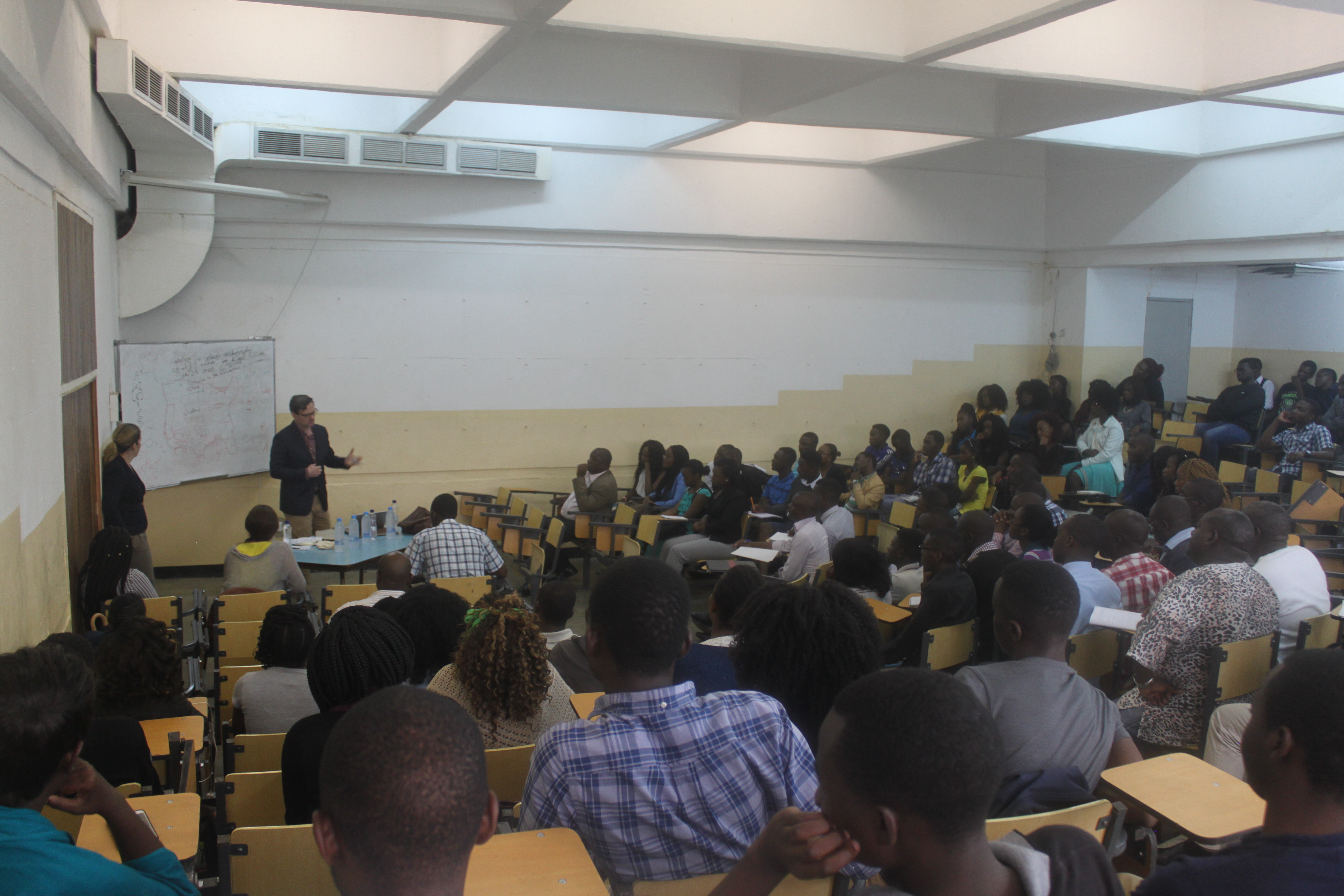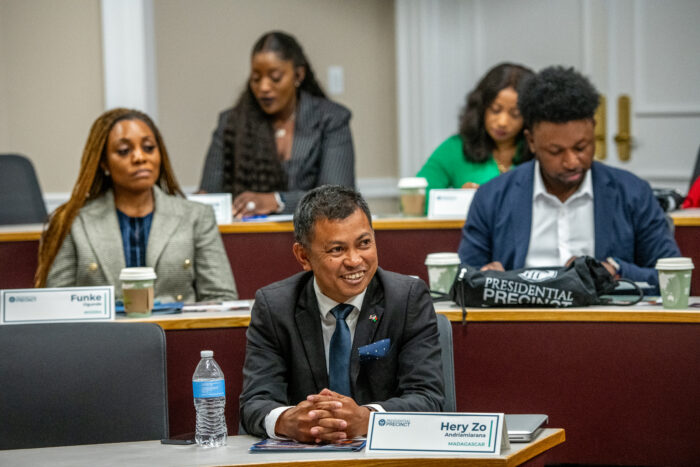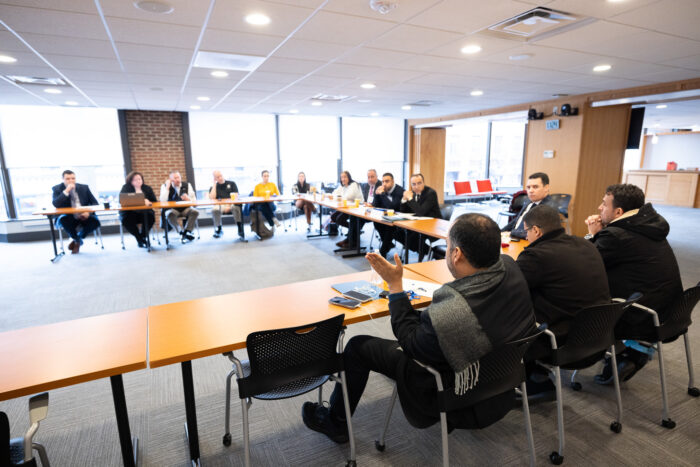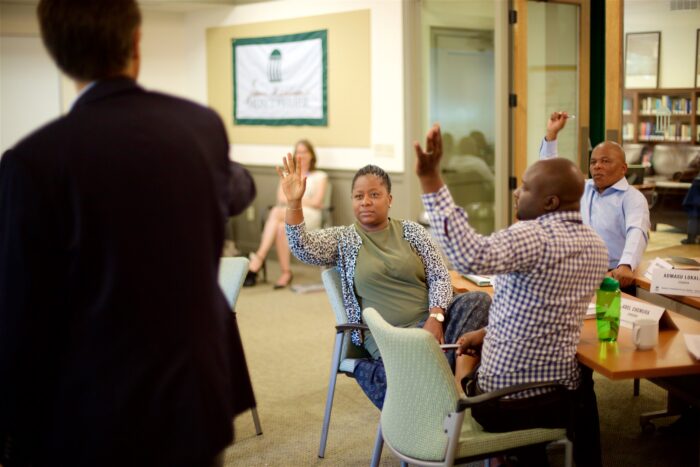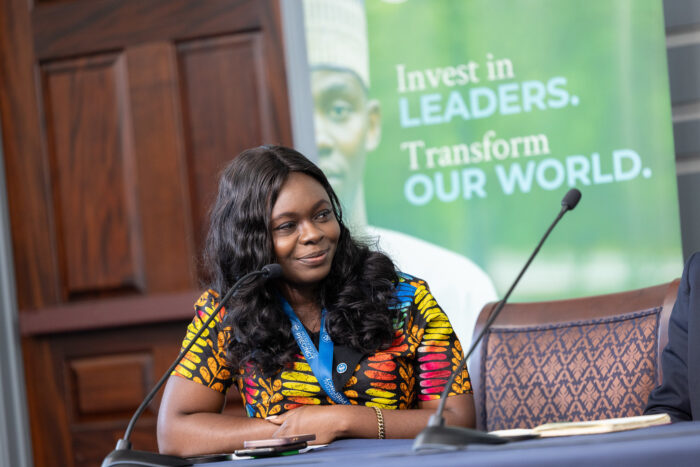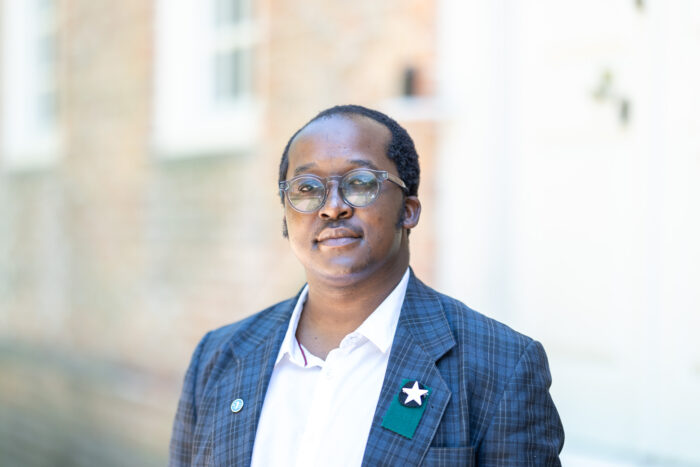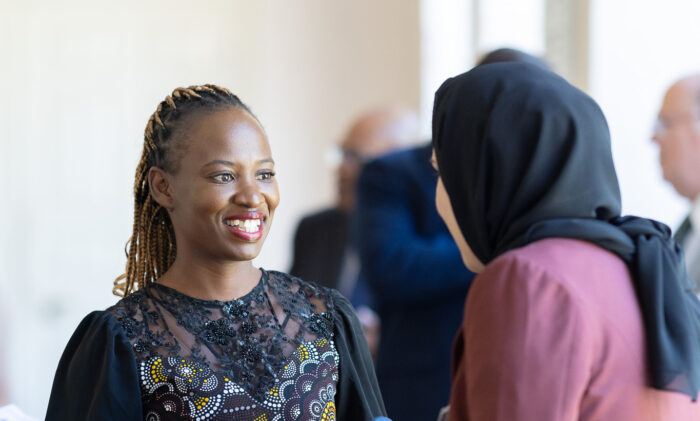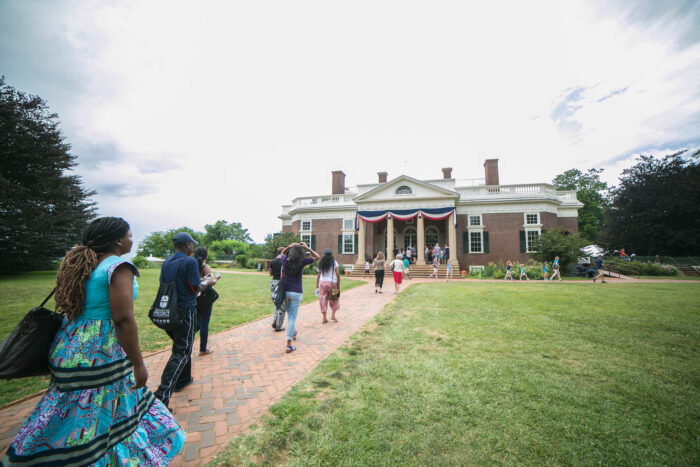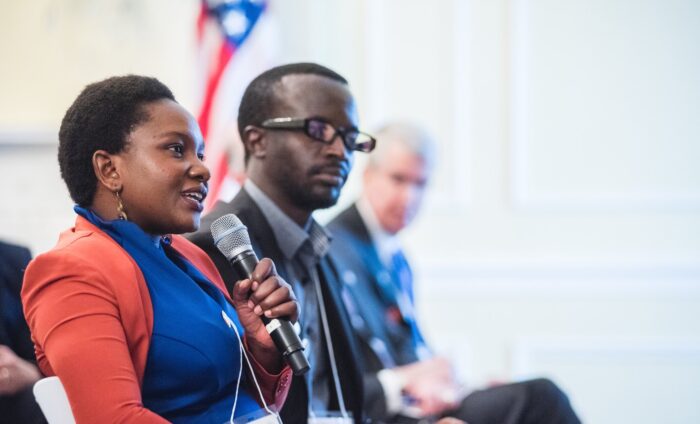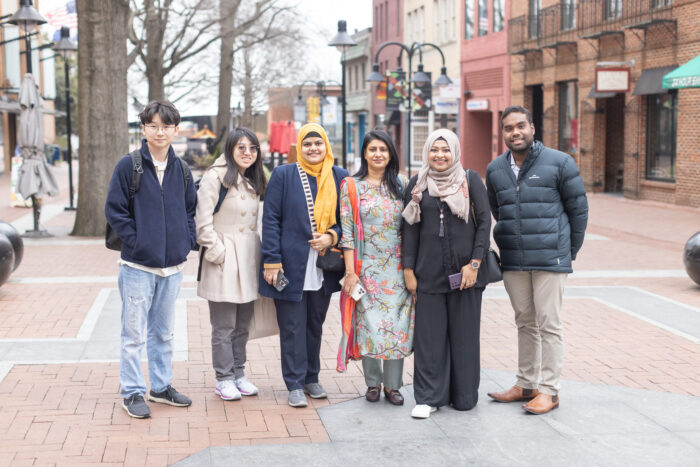Precinct Fellow Partners with UVA Law School Professor in Zambia
CHARLOTTESVILLE – At the Presidential Precinct, we look at all of our programs as catalysts for long-term relationships. In addition to platforms like LinkedIn and email networking, Fellows and presenters are given exclusive access to the Presidential Precinct Network for the very purpose of continuing to share their work, challenge one another, and collaborate across borders to bring real change in their communities. We believe fully that although challenges in local communities are not all the same, continued sharing of networks and best practices in any field are fundamental resources for the next generation of global leaders.
This past summer, Landilani Banda, a Mandela Washington Fellow from Zambia, spent a week at James Madison’s Montpelier. He was one of twenty-five young leaders studying civic leadership at the Precinct. Week four of the six week program brought an intense focus on constitution writing – centered around civic identity and engagement in a comparative format. Montpelier and the Robert H. Smith Center for the Constitution offer the faculty, history, and acreage for distinct reflection, all on the same grounds where James Madison drafted the U.S. Constitution over two-hundred years ago.
A constitutional lawyer and law professor by trade, Banda found his niche at Montpelier. He met Professor Mila Versteeg from the University of Virginia School of Law and co-presenter Heinz Klug from the University of Wisconsin School of Law. Banda quickly began to identify opportunities for bringing Montpelier’s spirit of reflection and collaboration back to his students at the University of Zambia. He and Versteeg developed a plan to bring eight students from Charlottesville to Lusaka for nearly a week of workshops and conversation. Now, just six months later, Versteeg and eight of her students have recently returned from that trip with a brand new global perspective on constitution writing and enforcing, both inside and out of the American context.
Versteeg’s students are a part of the Human Rights Study Project, a Law School initiative with the mission of furthering the study of law affecting the protection of basic rights in foreign countries. Each year, the Project takes a group of students to visit a foreign country. Past years have included Myanmar, Colombia, and Madagascar, among others. This year’s trip to Zambia was described by some as the trip of a lifetime.
“This is really how it should be – an exchange of experience and ideas cross-culturally, exploring questions about signs of a well-functioning democracy … the workshop made a big impression on me and the students,” Versteeg reflected. With nearly all of the University of Zambia Law School in attendance, students were able to share strengths of their respective political systems with each other in a discussion roaring with cultural exchange.
“In the first session we talked about International law and human rights. I gave a brief background and the students from UNZA and UVA had long discussions about that. We talked about how international law had changed since WWII and how it is affected by international capitalism.” Banda said.
The University of Virginia students had only a brief Skype introduction to the Zambian legal system before traveling overseas, but both groups of students found more understanding in their collective passion for human rights and good governance. According to Banda, the liveliest conversation focused on “why do people obey laws and how can we ensure a just society.”
“I feel very privileged to teach in the YALI program,” said Versteeg. “And I am eagerly looking forward to future projects. Landilani is really strong about reflecting on his own [government] system, and that’s a great characteristic for students, really all of us, to learn from.”
At the Precinct, we look forward to hearing about this growing partnership between two great universities and two impactful constitutional scholars. May we all reflect and act on the ways we too have been inspired by the power and place, and power of ideas here at the Presidential Precinct.

